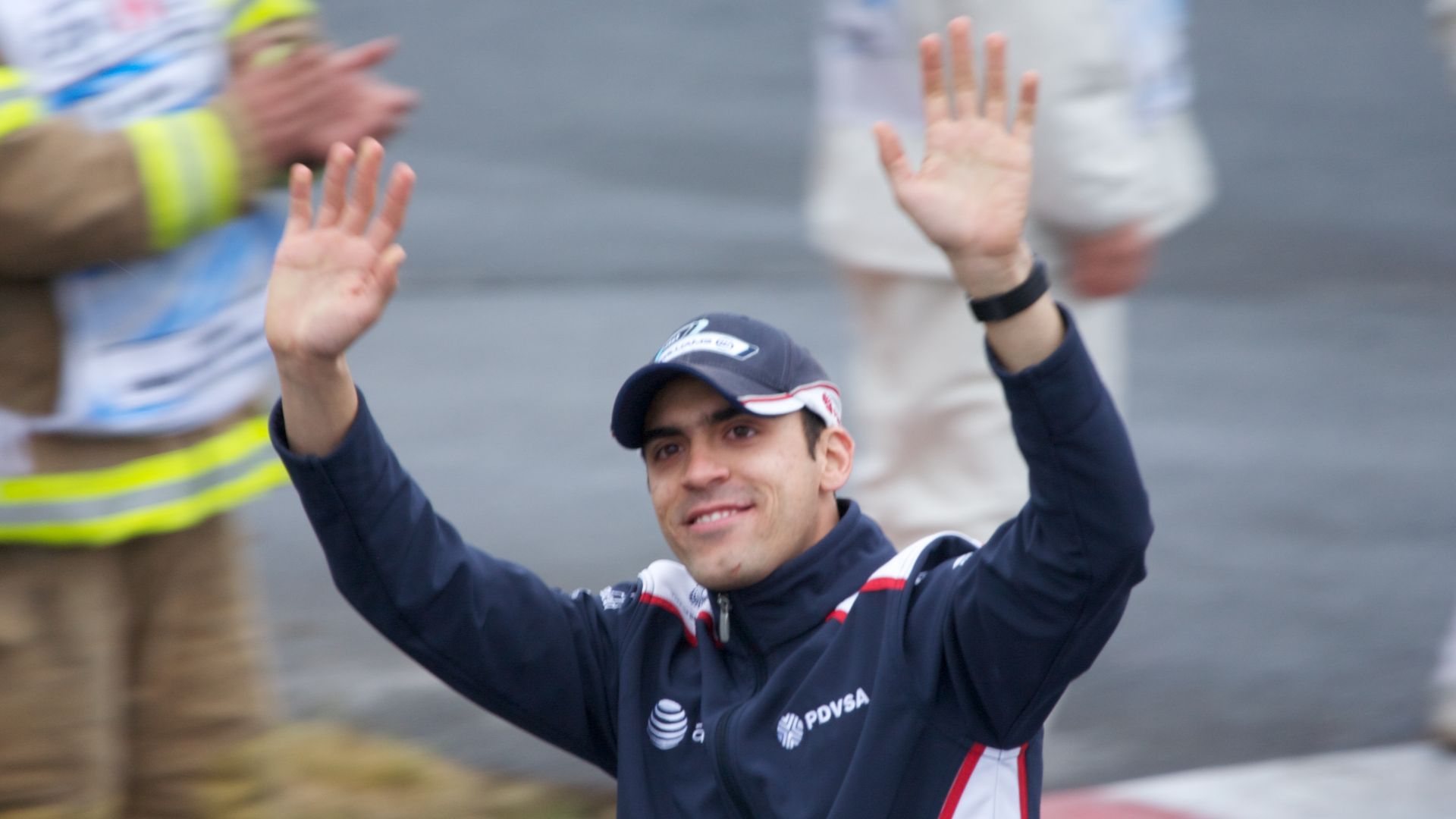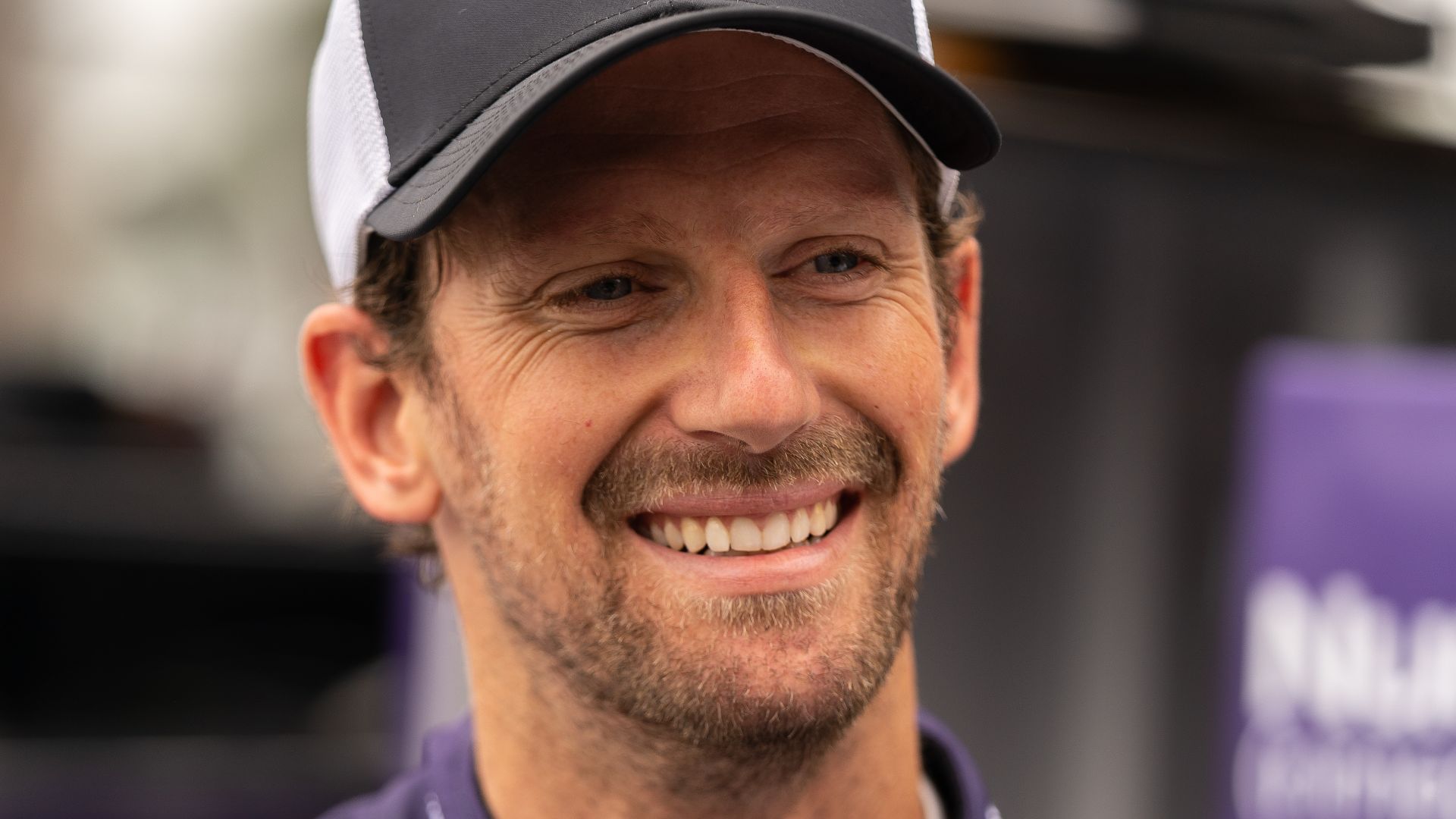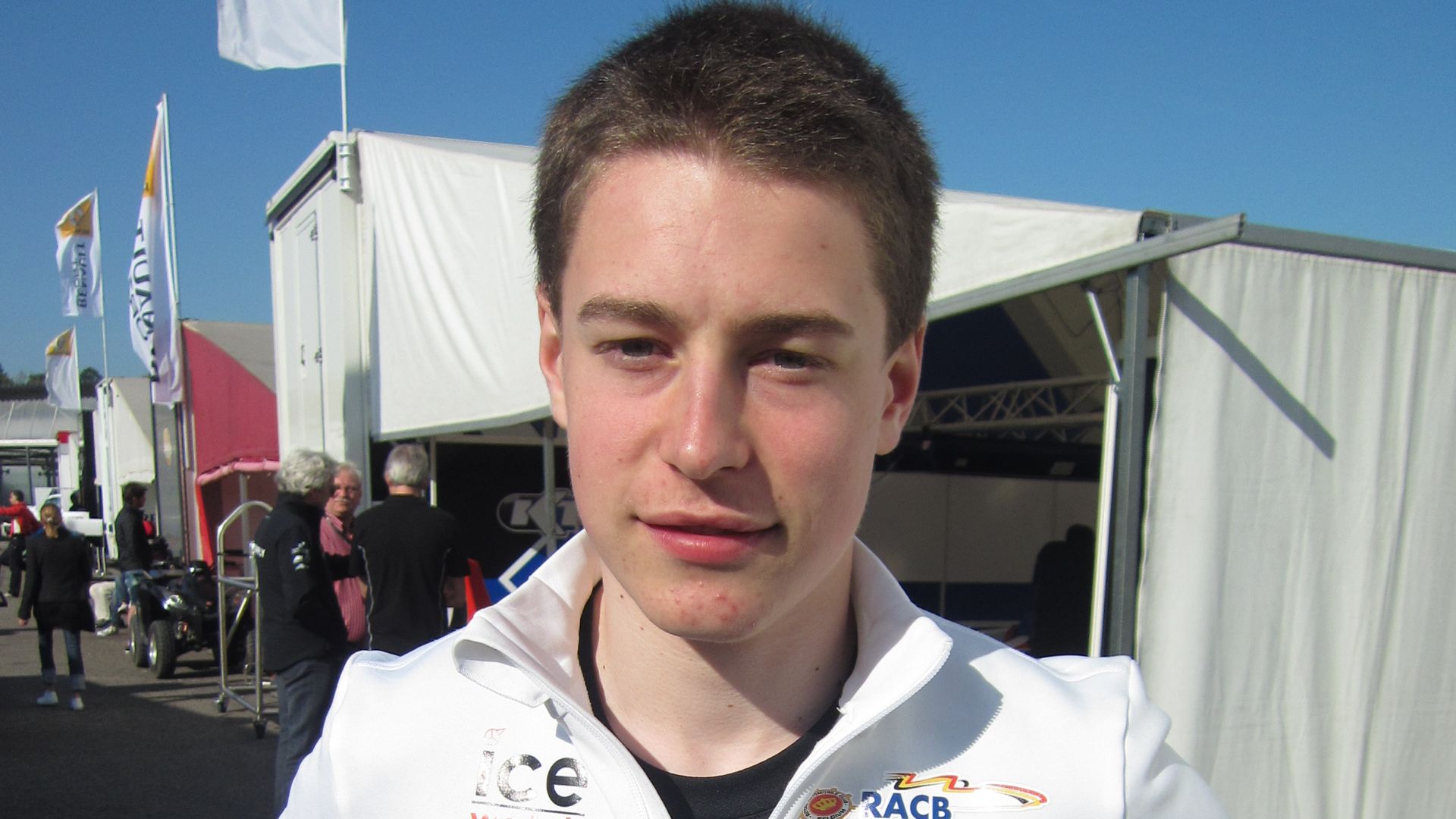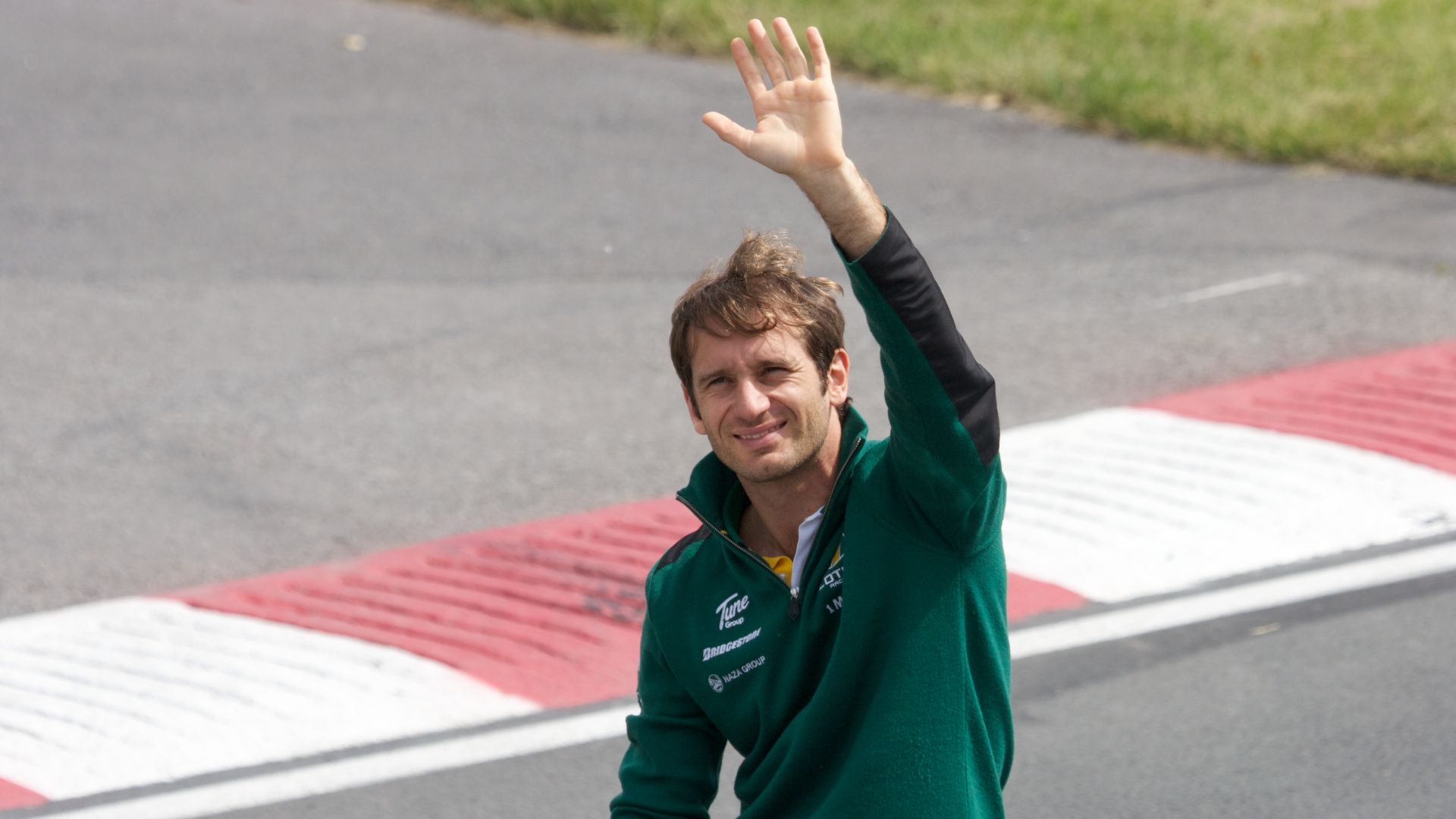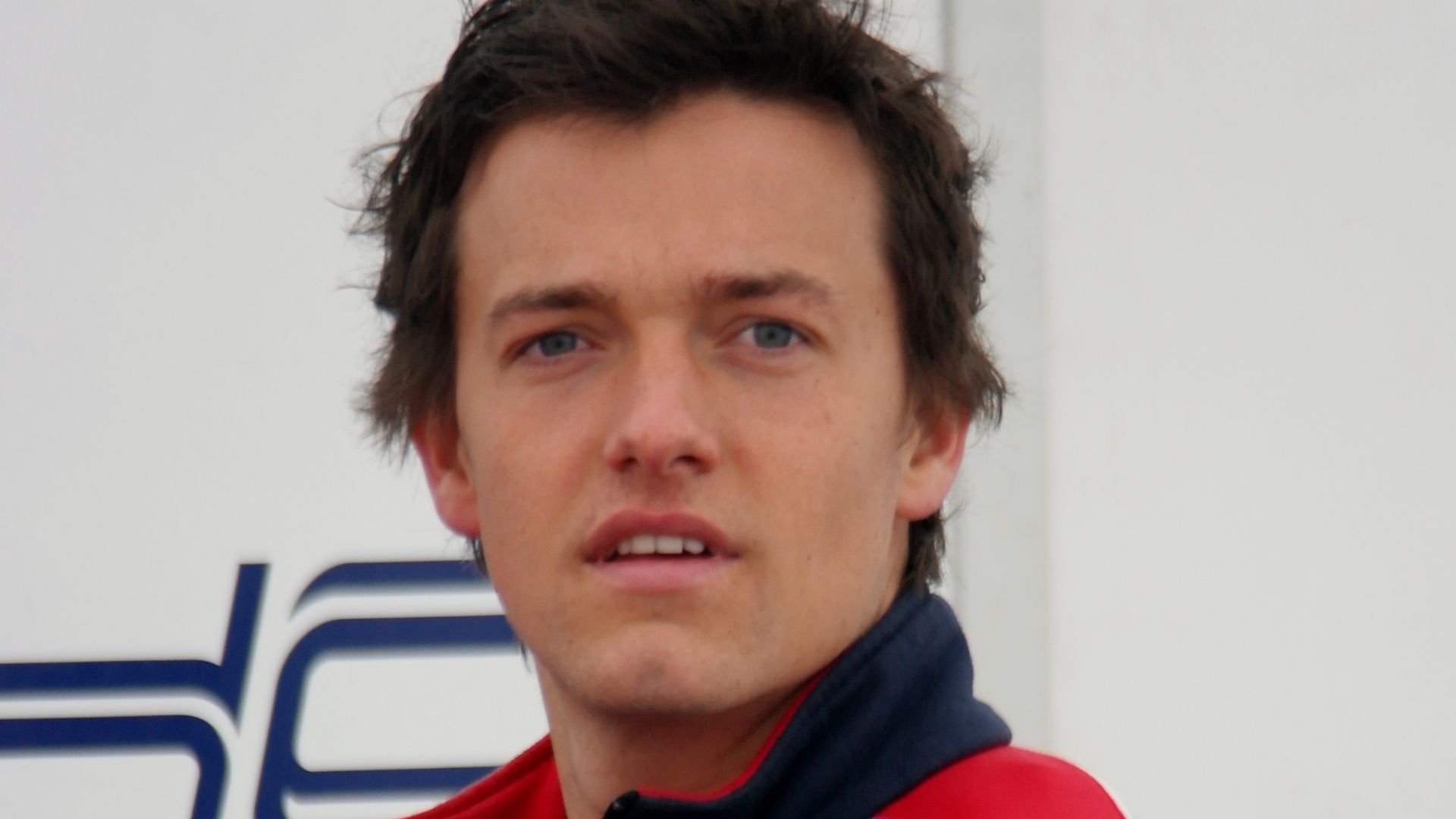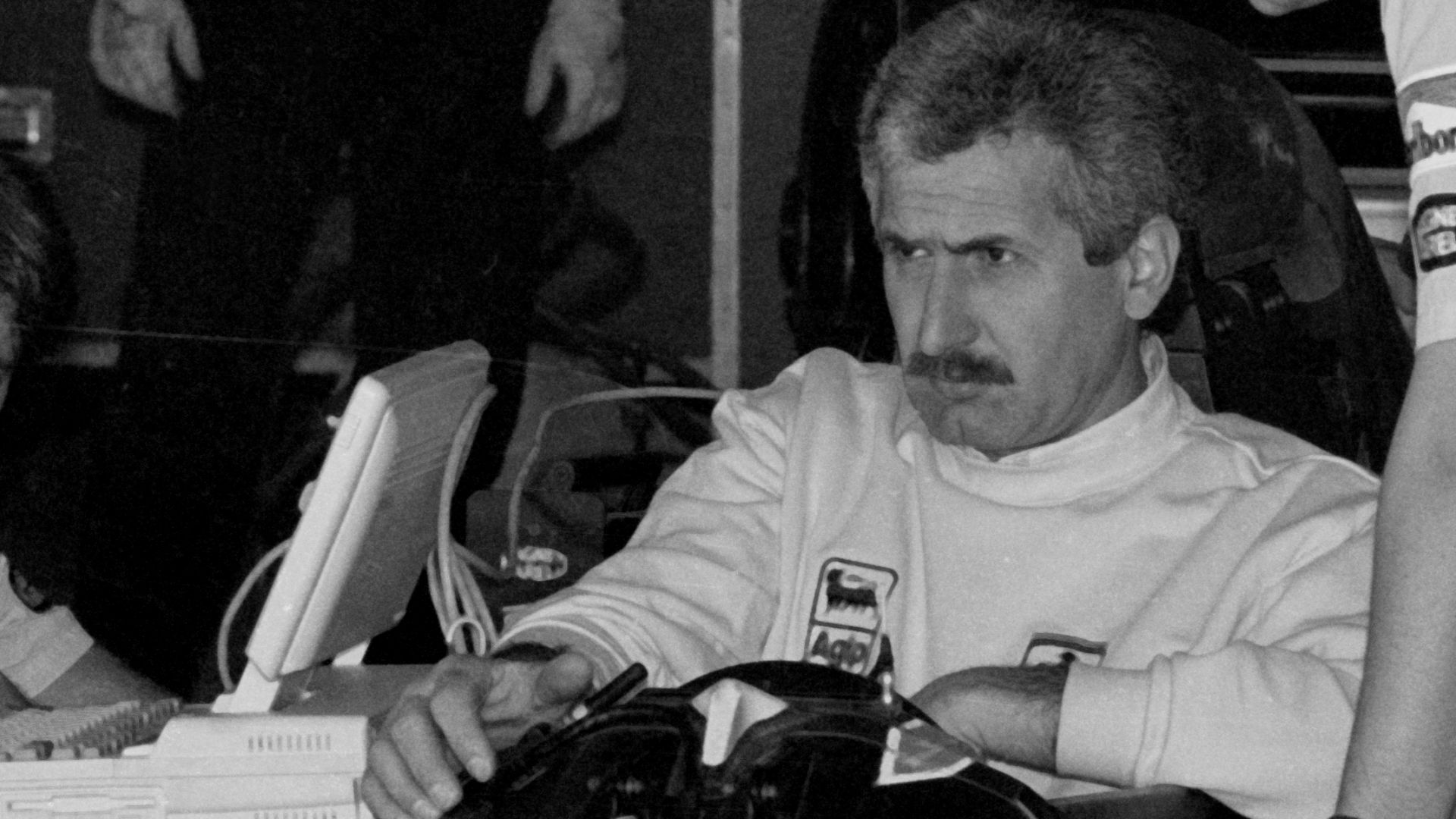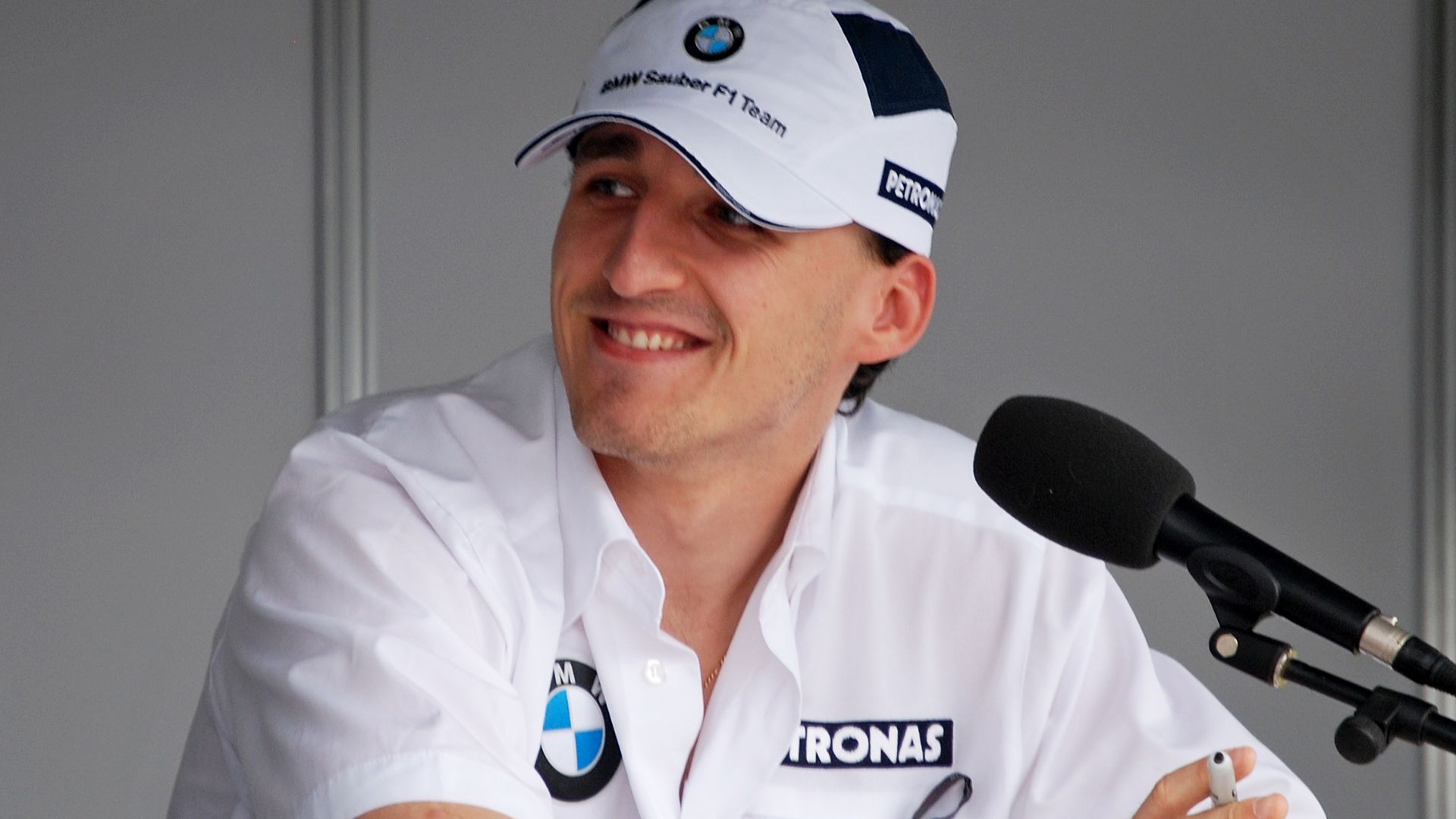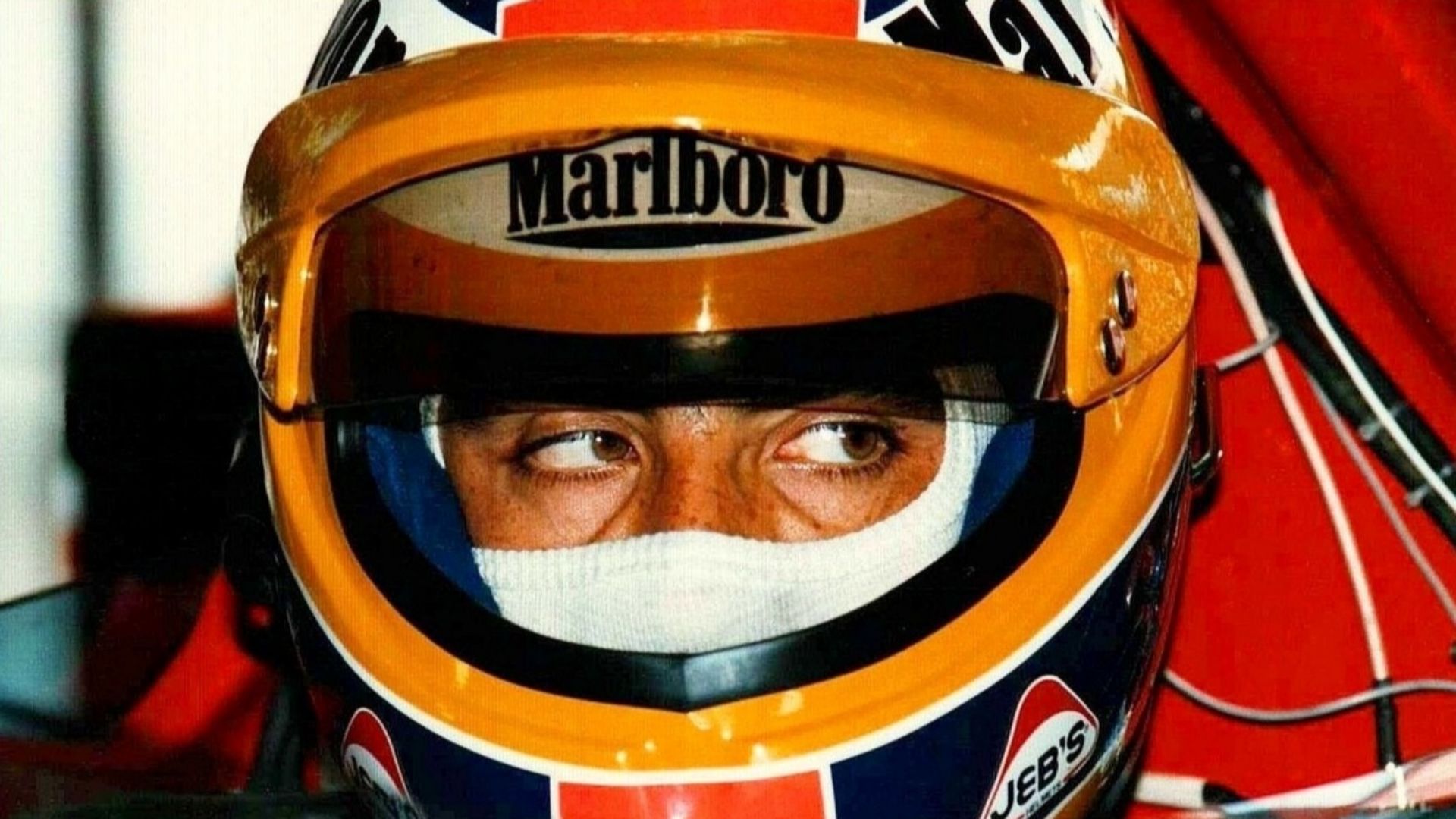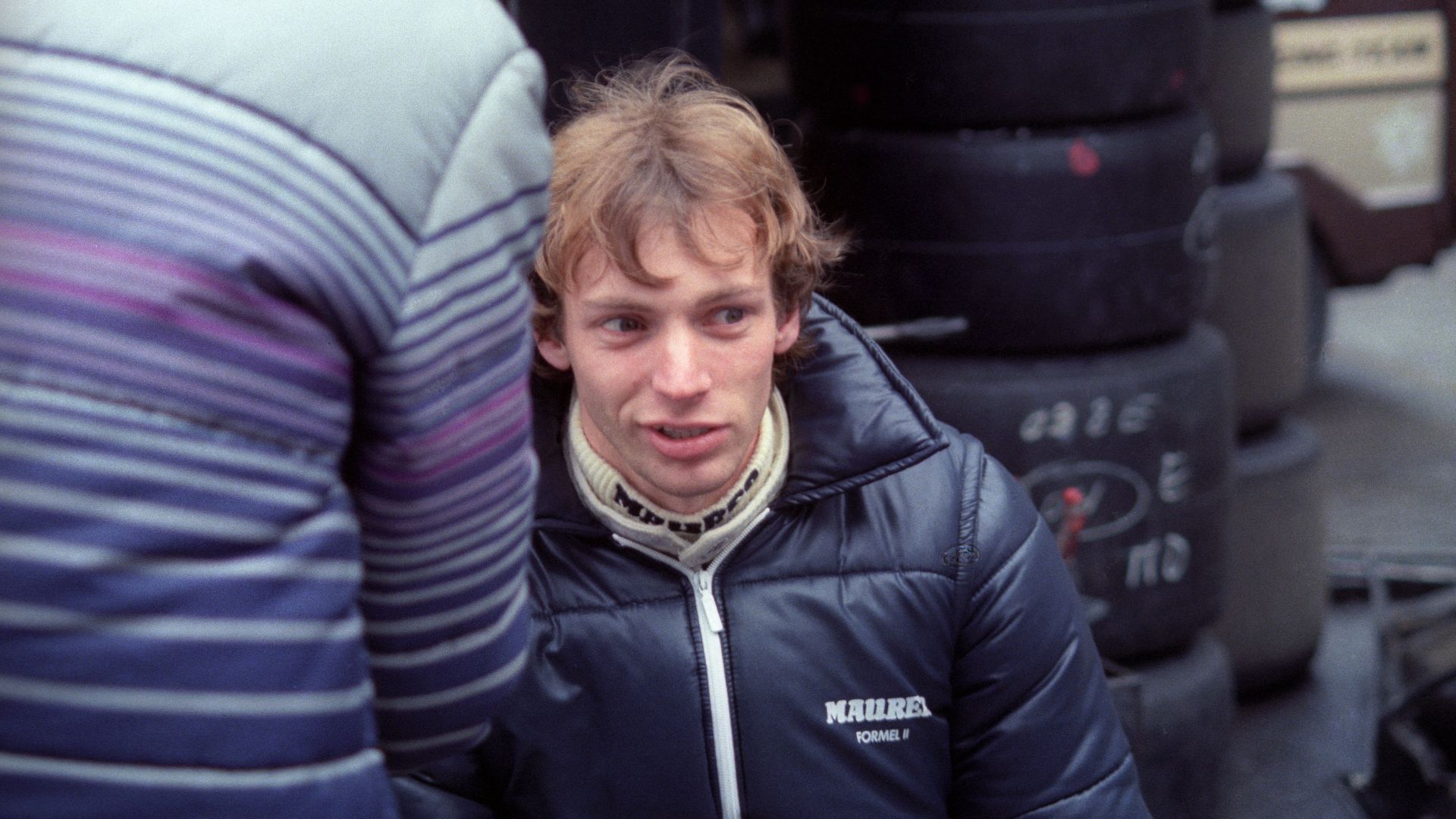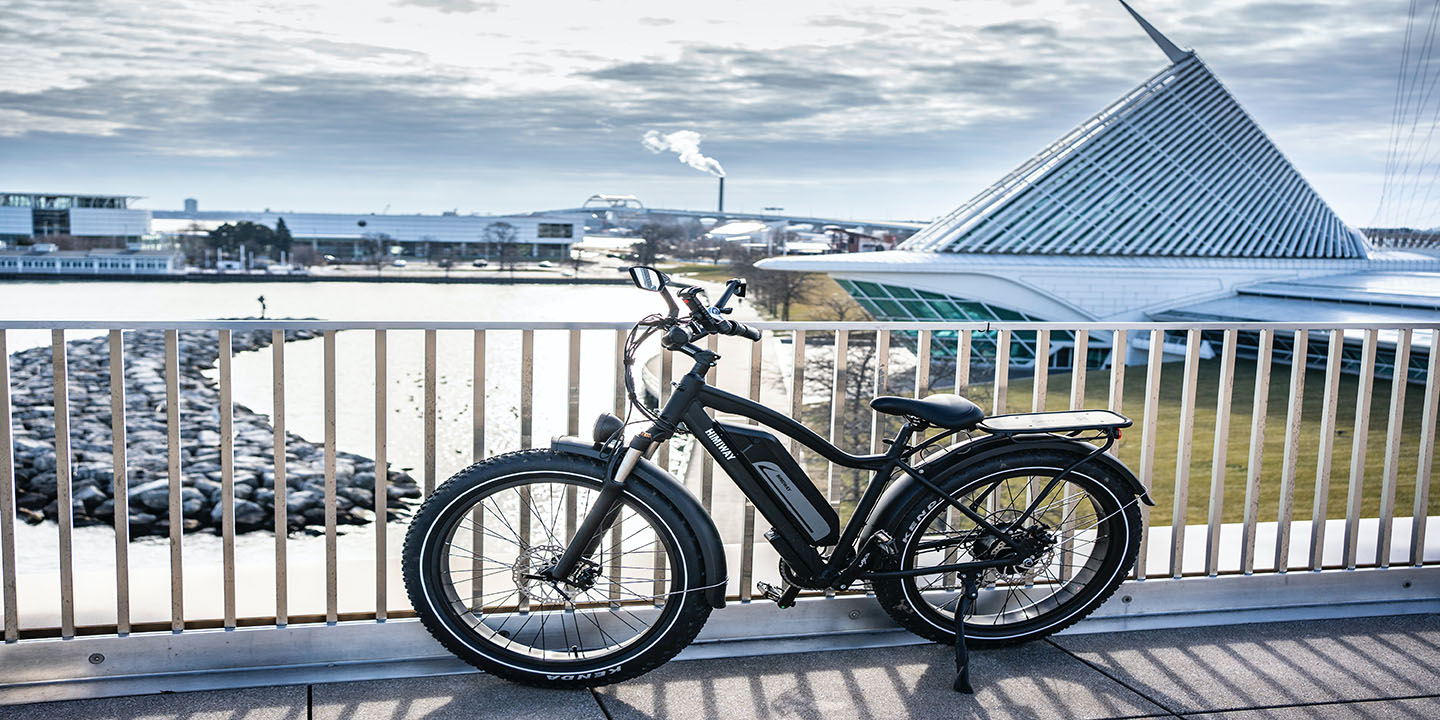Hype Beats Talent
Some F1 drivers become legends without crazy records, others deserve statues but get forgotten instead. The sport's narrative often rewards hype over substance while overlooking genuine brilliance. So, here are 10 such inflated careers and 10 overlooked masters.
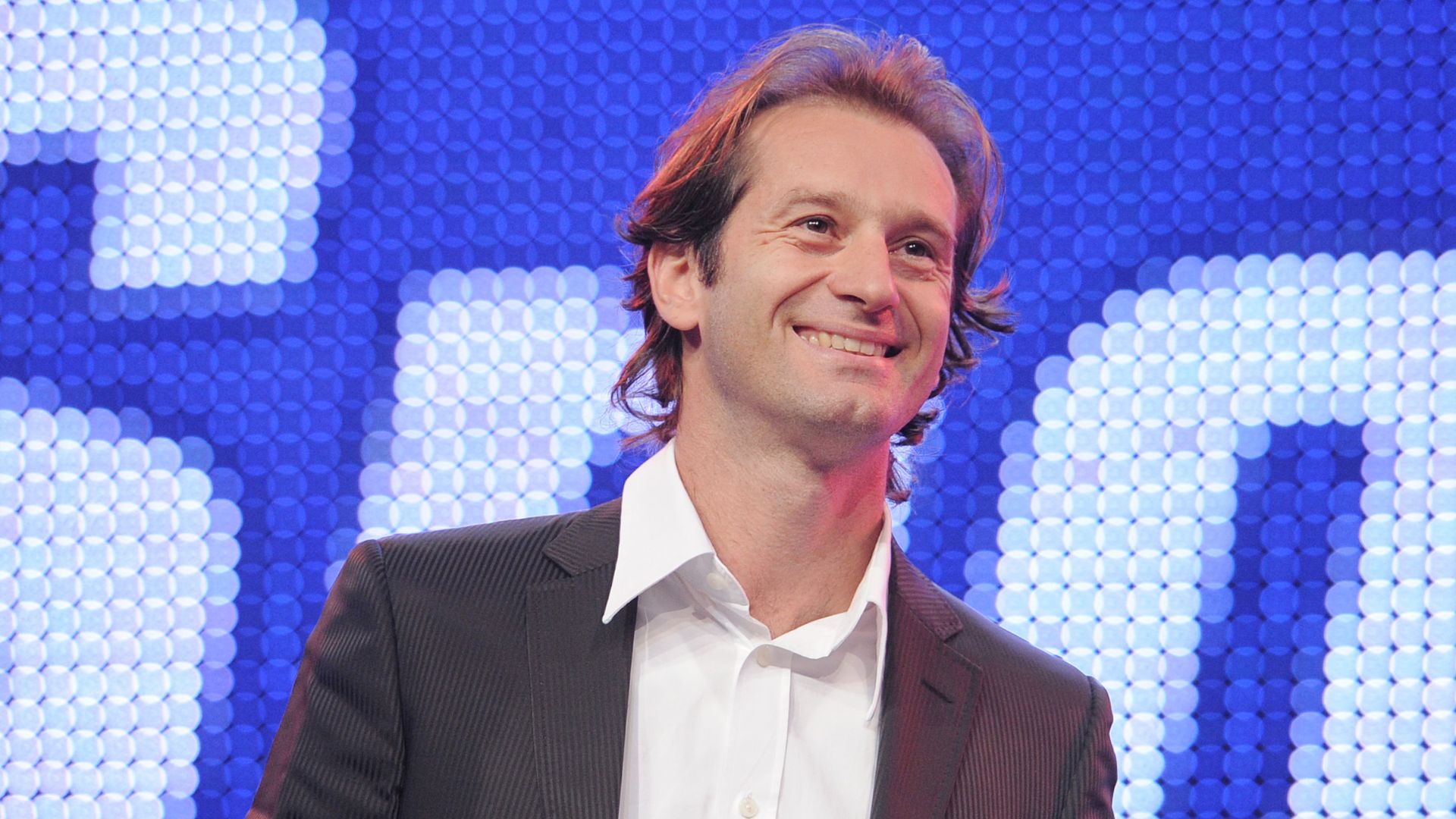 12. Internationale Sportnacht Davos from Davos, Schweiz on Wikimedia
12. Internationale Sportnacht Davos from Davos, Schweiz on Wikimedia
1. Pastor Maldonado
Across 66 Formula One seasons, merely 95 drivers have tasted victory, with Pastor Maldonado surprisingly earning his place among them. Yet his 2012 Spanish Grand Prix victory remains more of a statistical anomaly than proof of consistent talent. Maldonado has racked up 32 DNFs.
2. Jean-Eric Vergne
In 2013, Vergne didn't quite push on as he should have done and finished the season with 13 points, 7 less than Ricciardo. Despite three full seasons at Toro Rosso, he never converted his occasional flashes of speed into sustained performance.
3. Romain Grosjean
After causing a massive pile-up at the 2012 Belgian Grand Prix, Grosjean received Formula One's first race ban since 1994. While he managed 10 podiums during his career, these highlights were overshadowed by a pattern of costly mistakes, including the crashes at Azerbaijan and Spain.
4. Nyck de Vries
Formula E champion and Le Mans winner de Vries was fast-tracked into AlphaTauri after a standout substitute performance at Monza 2022. Unfortunately, his permanent 2023 campaign lasted just 10 races before being dropped mid-season. The gap between single-seater categories and F1's demands proved insurmountable.
5. Eddie Irvine
Irvine’s four wins and runner-up championship finish in 1999 masked a career built more on opportunism than outright pace. He benefited enormously from Ferrari's dominant machinery and Michael Schumacher's mid-season injury.
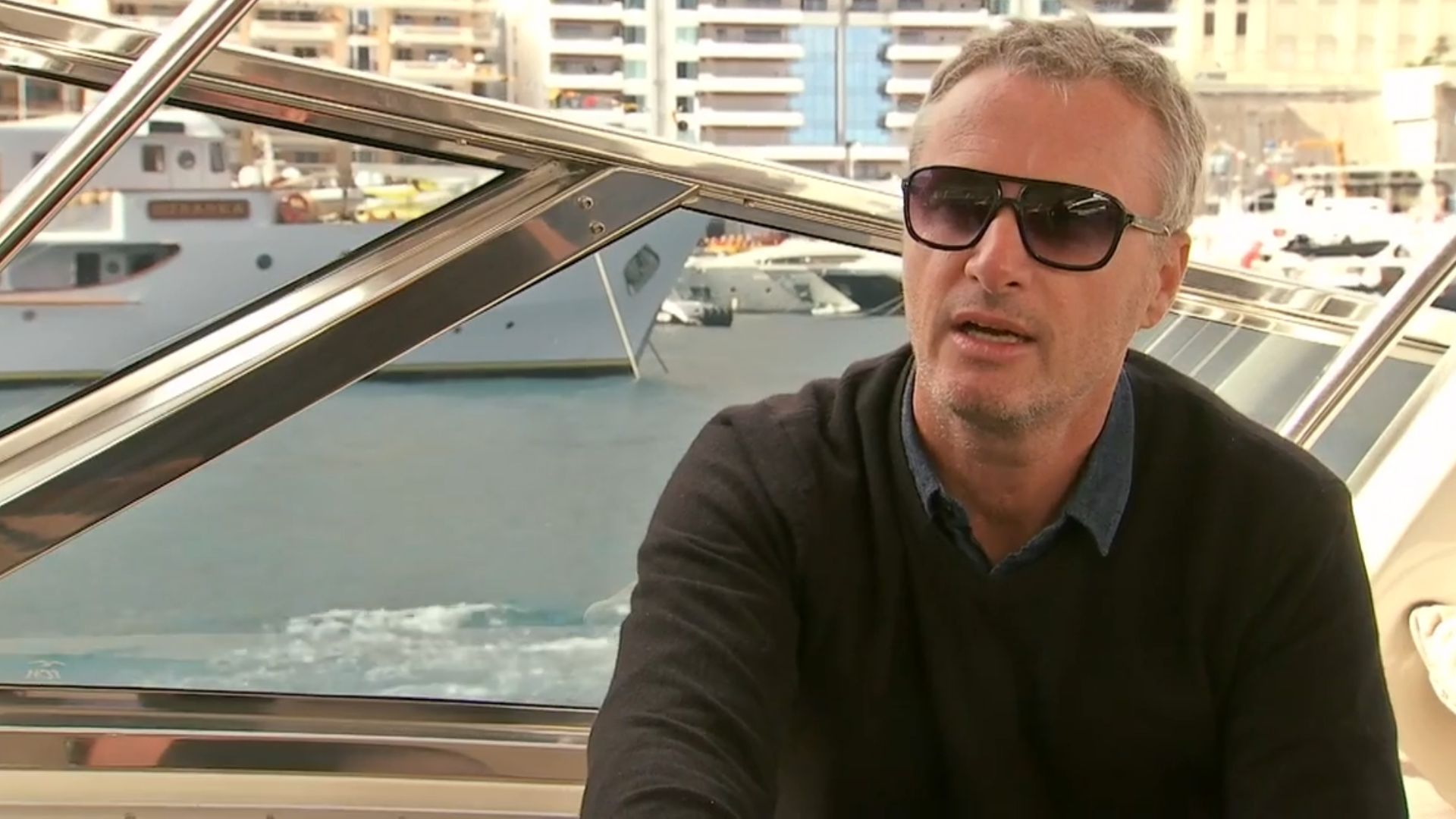 Legends of F1 - Eddie Irvine by Racing Channel
Legends of F1 - Eddie Irvine by Racing Channel
6. Stoffel Vandoorne
McLaren's golden boy carried enormous expectations that his F1 career never quite fulfilled. Vandoorne dominated GP2 in 2015 and impressed during his debut substitute appearance. However, across three seasons as Alonso's teammate, Vandoorne struggled to consistently match the Spaniard's legendary racecraft.
7. Jarno Trulli
"Trulli trains" became F1 folklore, but they highlighted a fundamental flaw that undermined his genuine qualifying brilliance. Trulli’s defensive driving on Sundays created processional races where faster cars couldn't overtake, earning him a reputation as a mobile chicane. His single victory was seen at Monaco in 2004.
8. Nick Heidfeld
About Heidfeld, his inability to capitalize on winning opportunities exposed critical limitations. BMW Sauber provided him with competitive machinery in 2007–2008, yet he failed to convert superior positions into wins. His cautious approach, while minimizing mistakes, also minimized the aggressive moments that separate good drivers from great ones.
9. Antonio Giovinazzi
Ferrari's protégé program elevated the Italian beyond his natural F1 level through connections rather than pure merit. Despite three seasons at Alfa Romeo, Giovinazzi never established himself as more than a competent midfielder. His qualifying pace occasionally impressed, but race day performances consistently disappointed.
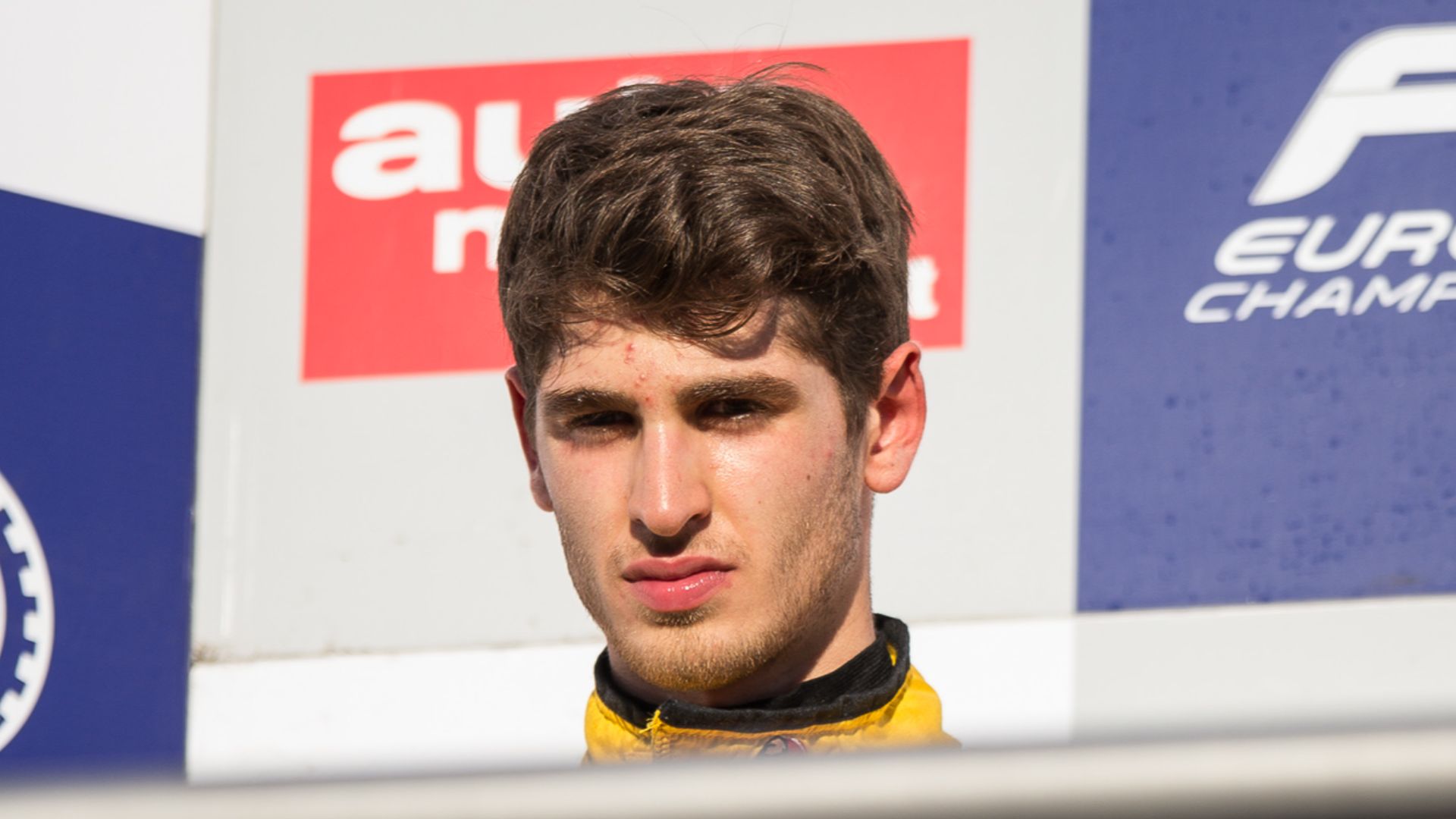 Stefan Brending (2eight) on Wikimedia
Stefan Brending (2eight) on Wikimedia
10. Jolyon Palmer
Renault's faith in the Englishman appeared misplaced from his very first qualifying session. Across two seasons, he was comprehensively outperformed by teammates Kevin Magnussen and Nico Hulkenberg in virtually every meaningful metric. His racecraft appeared tentative, lacking the necessary aggressive instincts.
Now, let's look at the drivers who deserved much more attention than they received.
1. Carlos Reutemann
A 29-year career as a respected politician couldn't erase the painful memories of the 1981 title defeat by a single point. Reutemann won 12 Grand Prix races in his career, and he became the second Formula One driver after Leo Kinnunen to be on the podium of a World Rally Championship event.
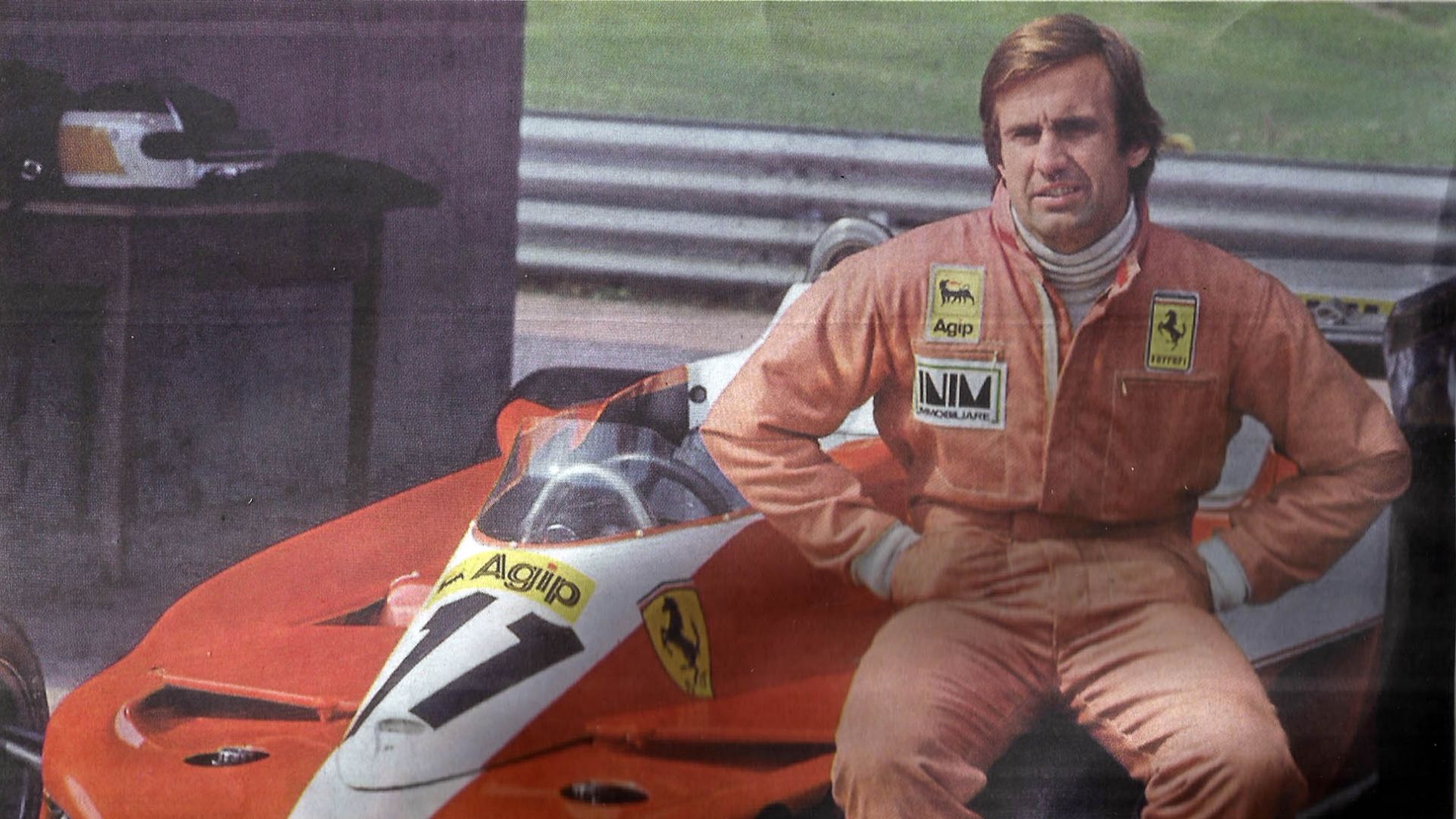 Unknown authorUnknown author on Wikimedia
Unknown authorUnknown author on Wikimedia
2. Jean Alesi
The passionate Frenchman's driving style evoked memories of Gilles Villeneuve, yet his statistics tell a frustrating story of squandered potential. His Formula 1 record is considered that of a nearly man—on the podium 32 times but a winner just once. That victory came at Canada in 1995.
3. Heinz-Harald Frentzen
Frentzen’s breakthrough in 1997 revealed what many suspected. He possessed championship-caliber speed that circumstances had consistently denied. Frentzen scored three wins that season, matching world champion Jacques Villeneuve's tally and proving Jordan's package was competitive. His technical understanding impressed engineers.
4. Robert Kubica
Fernando Alonso praised Robert Kubica as one of the best drivers of his generation. This star led the 2008 competition fight mid-season, finishing fourth overall. He had even signed with Ferrari for 2012 before a rally accident severely impacted his career prospects.
5. Jacky Ickx
Ickx’s F1 achievements pale in comparison to his dominance in sports cars, crafting an unfair perception of his single-seater abilities. Ickx won eight Formula 1 races across multiple teams, demonstrating notable adaptability. His six Le Mans victories prove he could excel in any machinery.
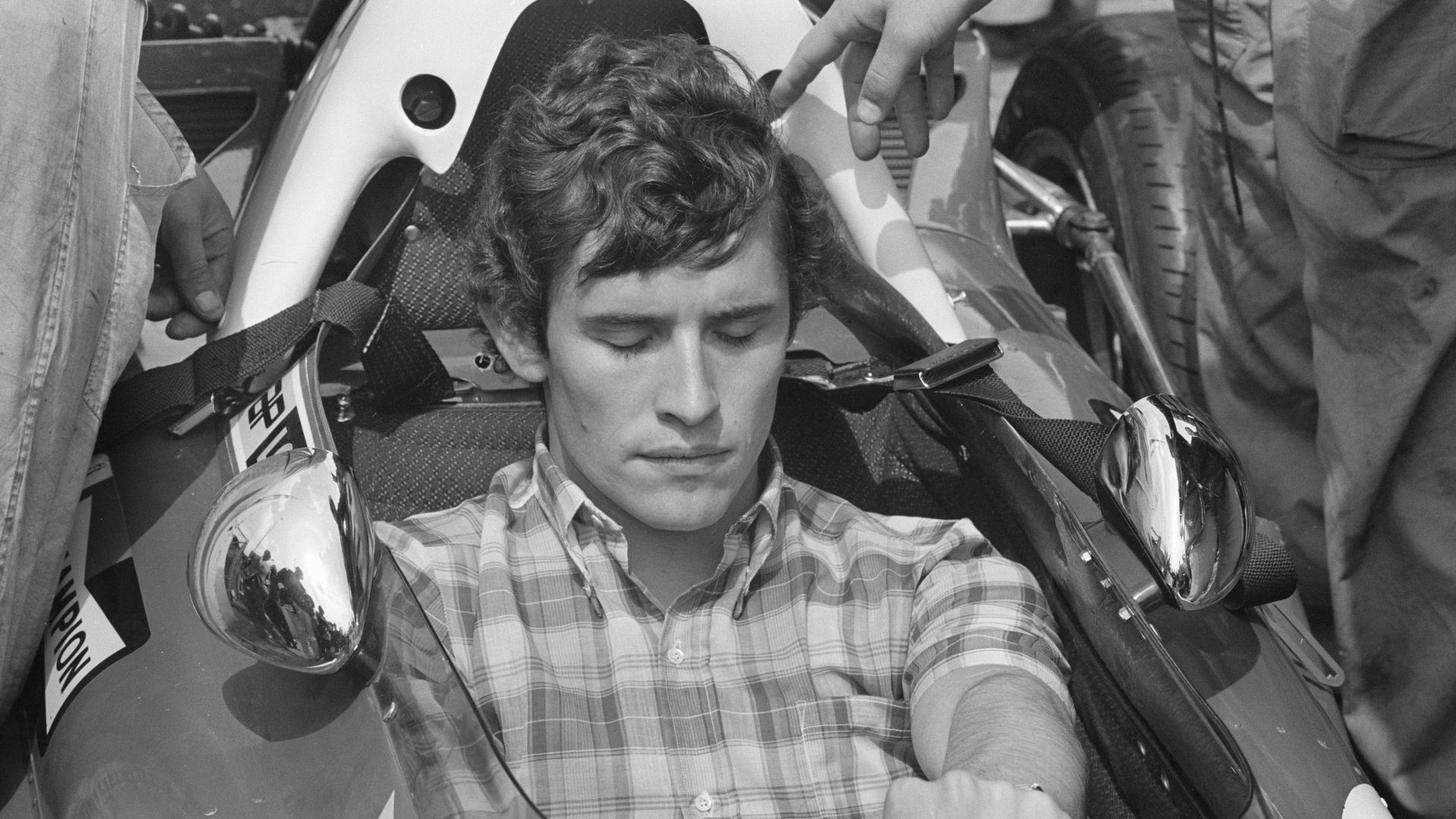 Fotograaf Onbekend / Anefo, [onbekend] on Wikimedia
Fotograaf Onbekend / Anefo, [onbekend] on Wikimedia
6. John Watson
It's sad that this individual’s five victories in seven seasons hardly reflect his consistent excellence. Watson's analytical approach to setup work made him invaluable to McLaren during their resurgence in the early 1980s. His technical feedback also played an important role in developing the carbon fiber MP4.
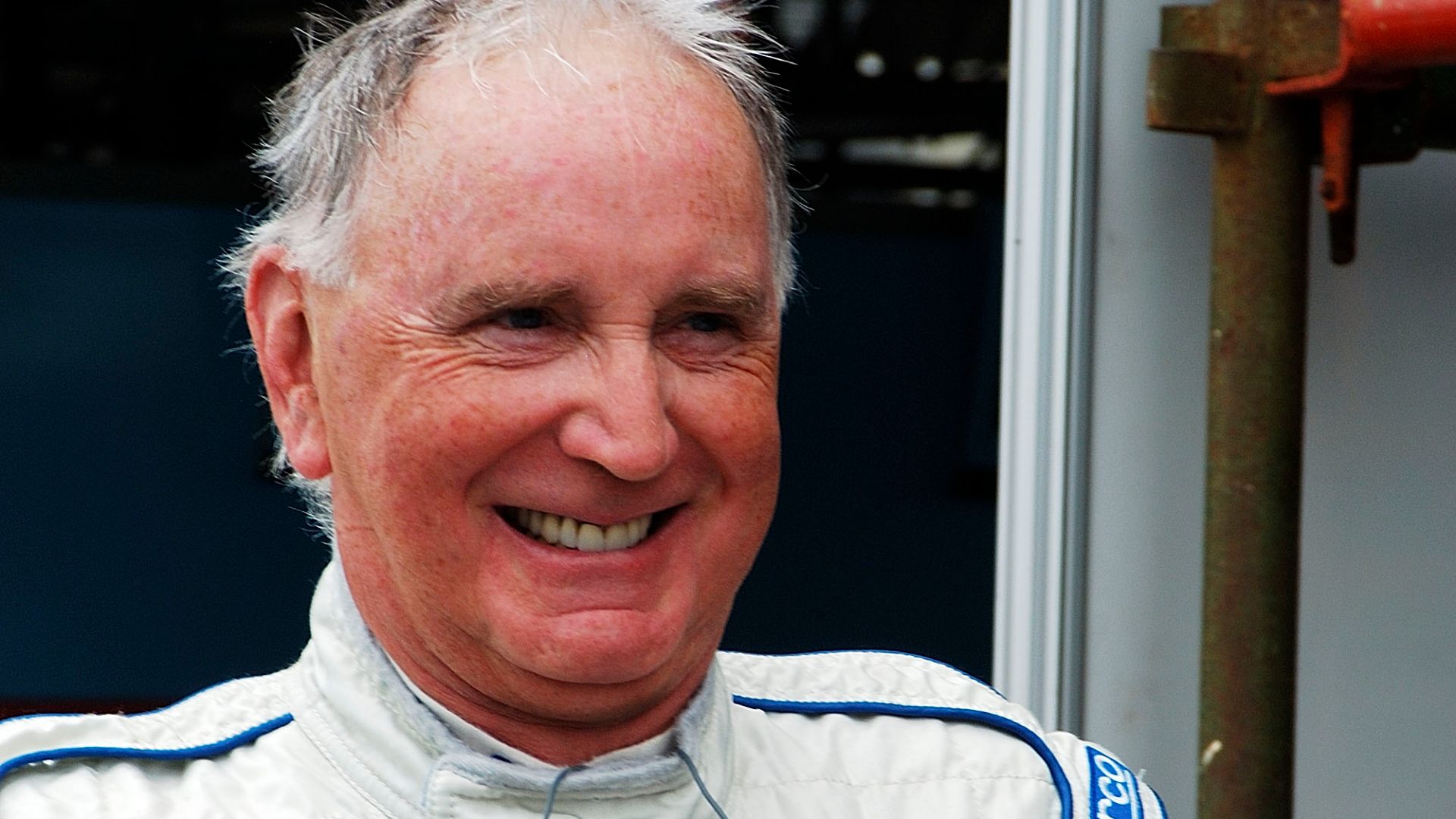 Chris Bloom from Durban, South Africa on Wikimedia
Chris Bloom from Durban, South Africa on Wikimedia
7. Derek Warwick
Zero wins in 147 starts tell only part of Warwick's story. His reputation among peers told the complete truth about his abilities. His Renault period literally showcased racecraft that should have yielded breakthrough victories. Warwick's development skills helped teams improve throughout the seasons.
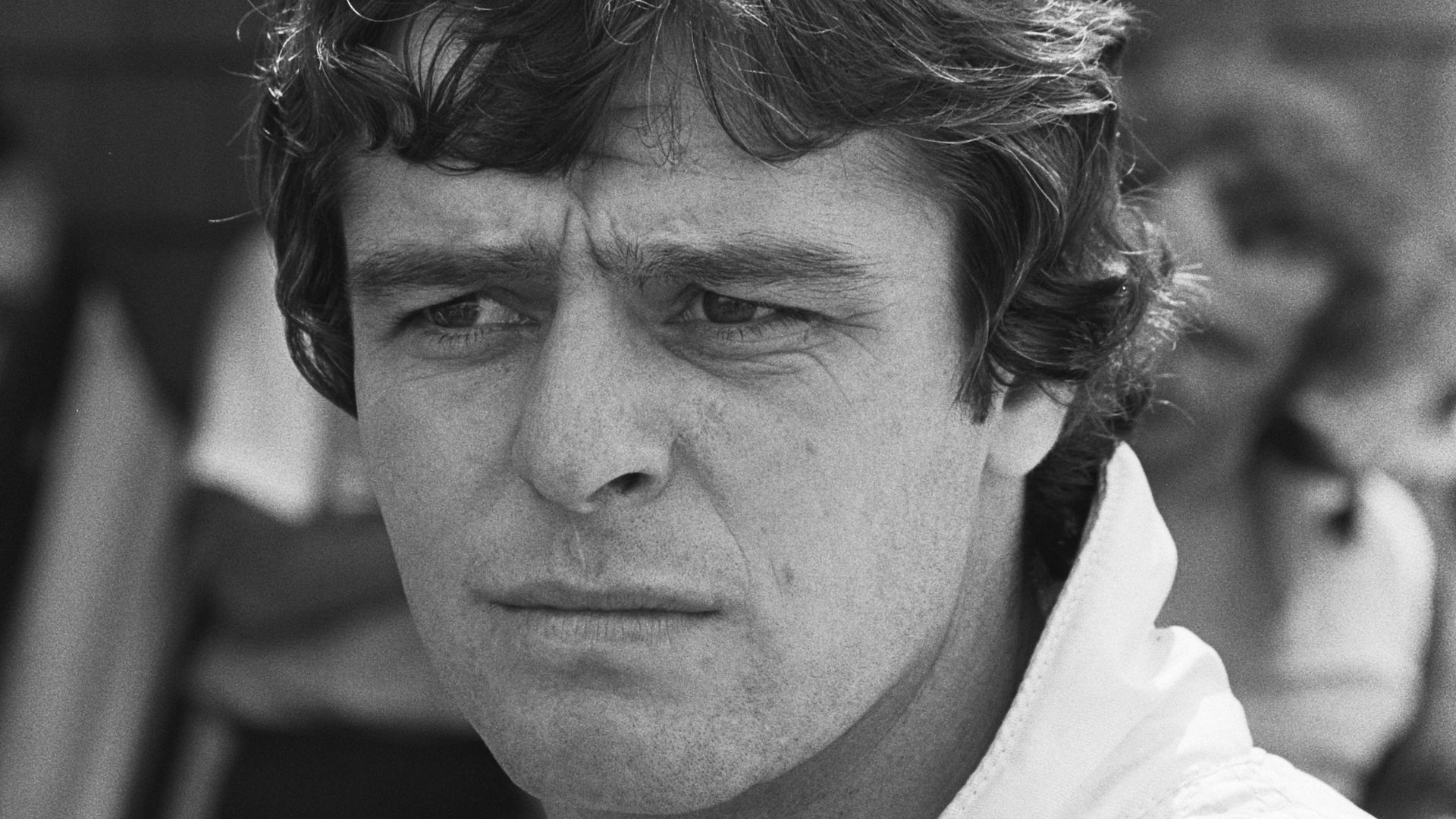 Hans van Dijk for Anefo on Wikimedia
Hans van Dijk for Anefo on Wikimedia
8. Michele Alboreto
Ferrari's faith in the Italian during their 1980s resurgence highlighted his real championship potential. Alboreto's five wins included amazing victories at Tyrrell before his Ferrari move. The 1985 season witnessed him lead the race for much of the campaign before reliability issues cost him the title.
9. Esteban Ocon
The modern F1 environment often overlooks consistent performers whose single victory masks genuine quality. Ocon's 2021 Sakhir triumph came through strategic excellence and defensive racecraft. The controversial 2018 season finale collision with Max Verstappen highlighted his refusal to yield when racing rights were earned rather than gifted.
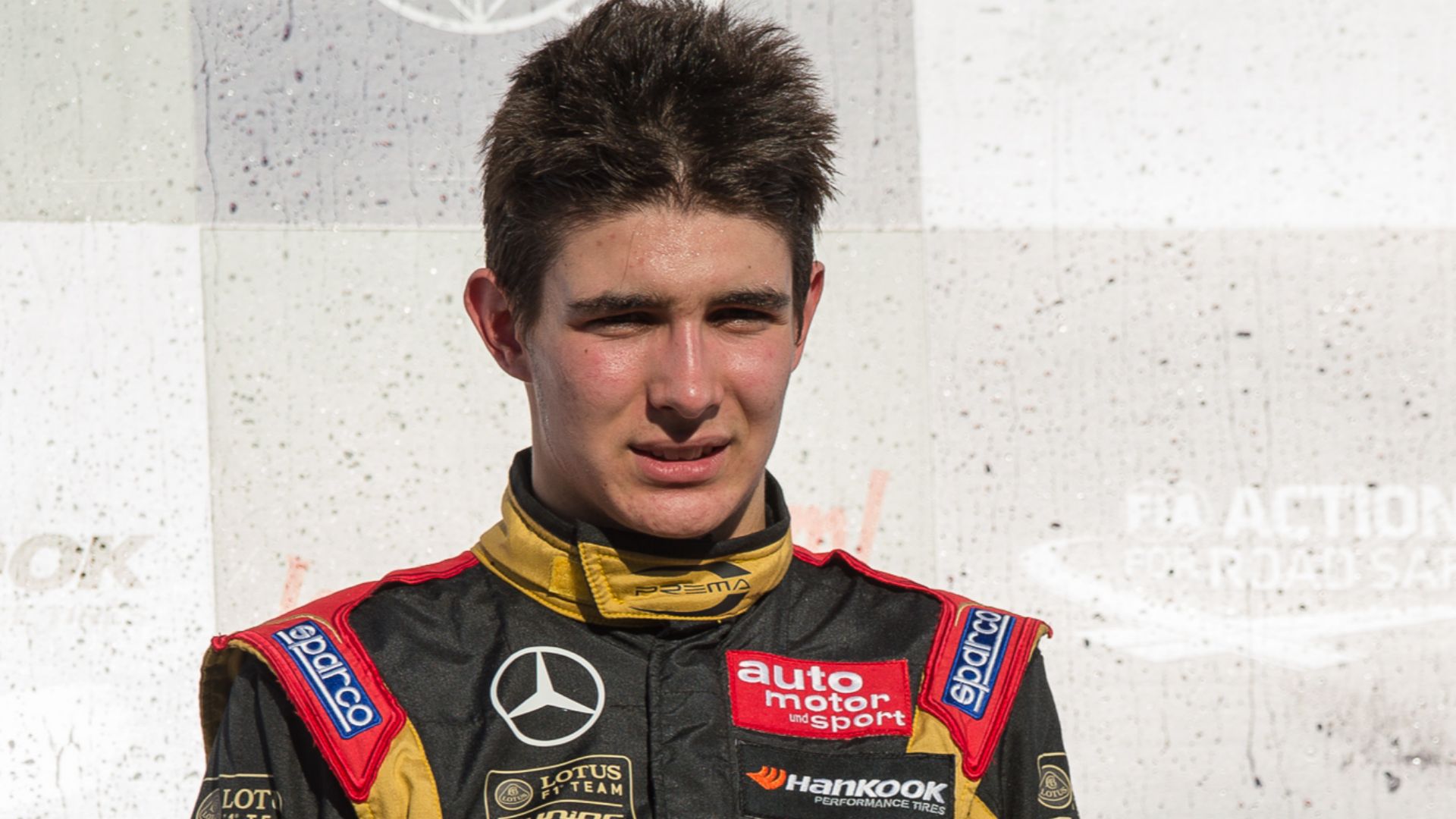 Stefan Brending (2eight) on Wikimedia
Stefan Brending (2eight) on Wikimedia
10. Stefan Bellof
Bellof’s tragically short F1 career ended just as his title-winning ability was becoming clear to everyone in the paddock. His 1984 performances with Tyrrell outpaced the car's theoretical capabilities, including a stunning Monaco qualifying lap that would have secured pole if not for fuel irregularities.


